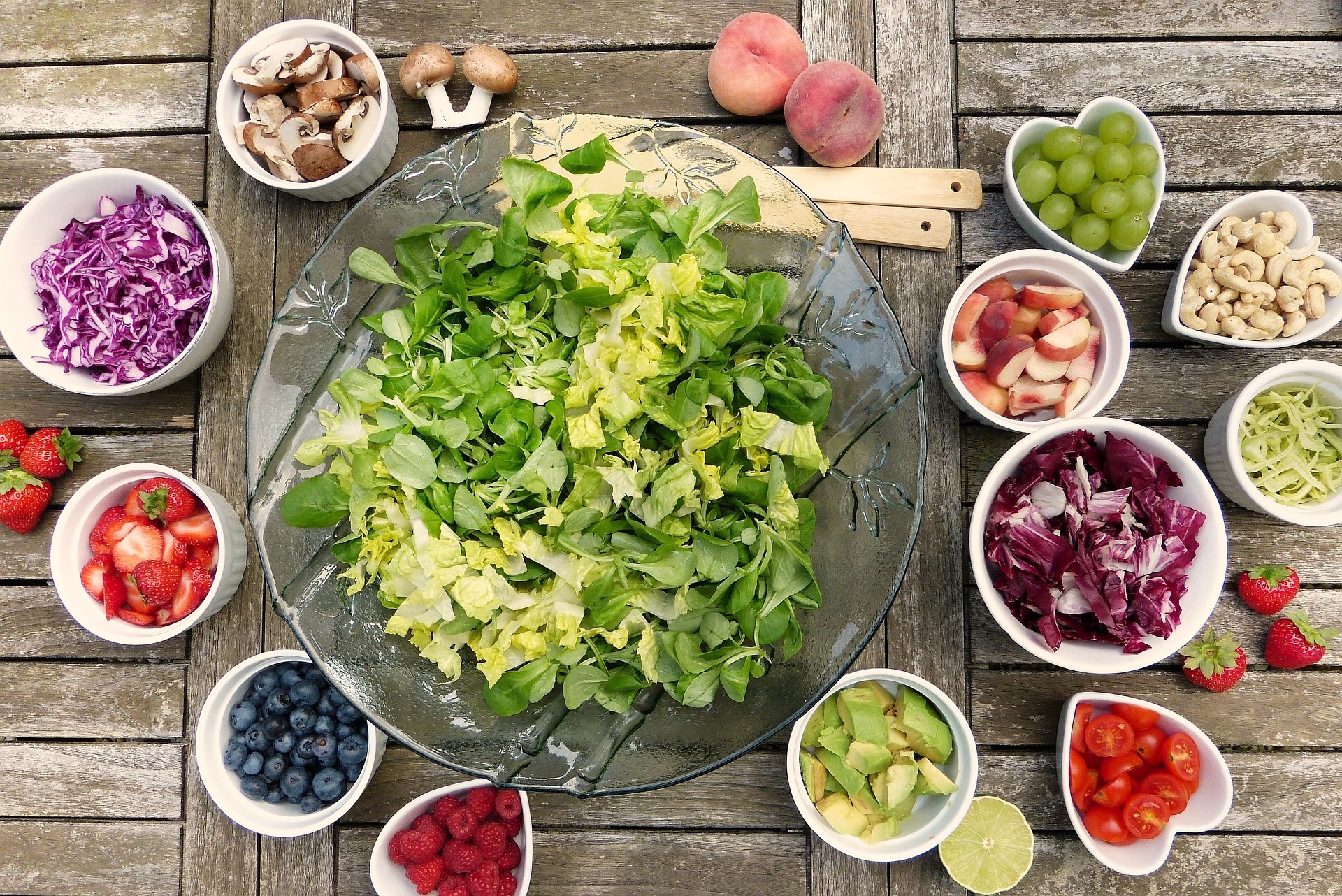Climate Action Starts on Your Plate –
Plant-Based Alternatives
by GIZ / EUKI, Julia Weibel
The climate crisis has prompted us, especially in industrialised nations, to rethink our consumption and eating habits. Animal rights and climate change activists consequently demand: “Diet Change, not Climate Change”. Thanks to a surprisingly large selection of plant-based meat and dairy alternatives in Western supermarkets today, change is now easier than ever. Two EUKI projects raise awareness among young people and adults on this topic.

According to official United Nations (UN) figures, the industrial food production is responsible for around one-third of global greenhouse gas emissions. Due to a growing world population, a 40% share by 2050 is likely to happen. To mitigate the impact of our diet on the climate, the UN sees “great opportunities” in the consumption of more healthy, sustainable and thus less resource-intensive foods[1].
The production of one kilogram of beef requires around 15,000 liters of water, while the same amount of pork requires a good 6000 liters. Lentils also need up to 6000 liters, while soybeans need only a little more than 2000[2] . Legumes, which often serve as the basis for plant-based meat alternatives, not only conserve water resources they actually benefit the environment, too. They can be grown in different climatic zones, and also serve as an ecological fertilizer, as they mobilize nutrients in the soil and, in synergy with other plants, promote sustainable cultivation without additional fertilizers[3]. In addition, compared to meat products, the same amounts of pulses can feed more people worldwide in a cost-effective and healthy way[4]. A win-win situation for humans and nature.
The EUKI project “Bringing Climate Action to the Table” demonstrates how this knowledge can be conveyed in a playful way. The project is active in Spain, Slovenia and Greece and raises awareness among different target groups about sustainable food choices. Through digital and physical “Escape Room” games, for example, the project educates young people about nutrition. For educators, the project provides teaching materials on individual nutrition, and at conferences, the partner organizations Fundesplai and Umanotera inform the interested public about sustainable food consumption.
To ensure that sustainable meals are also understood as an educational mission of public institutions, EUKI project “CLIKIS Network” is working for in Croatia and Estonia. It analyzes the carbon footprint of school kitchens and supports schools with practical measures on how to improve the creation of menus with meals made from regional ingredients and corresponding training for kitchen staff. Their new teaching platform provides courses on plant-based nutrition, plant-based recipes or efficient kitchen techniques and how to reduce food waste. With conferences at a European level, the project also contributes to the stronger inclusion of sustainability aspects in food production in national and European climate protection strategies.
However, opting for a more plant-based diet does not just protect the climate on our planet. As the Albert Schweizer Foundation recently calculated, “within 1.5 years, more animals are being killed worldwide than humans have ever lived on earth” – because of our eating habits. Meal based climate action therefore does save lives – and starts on your plate!
Quellen:
[1] fastfacts-food-and-agriculture-february-2022 copiar (un.org)
[2] Water Footprint Of Food List (healabel.com)
[3] Save and Grow Farming Systems Fact Sheet – 4: The extra benefits of legumes-before-wheat (fao.org)
